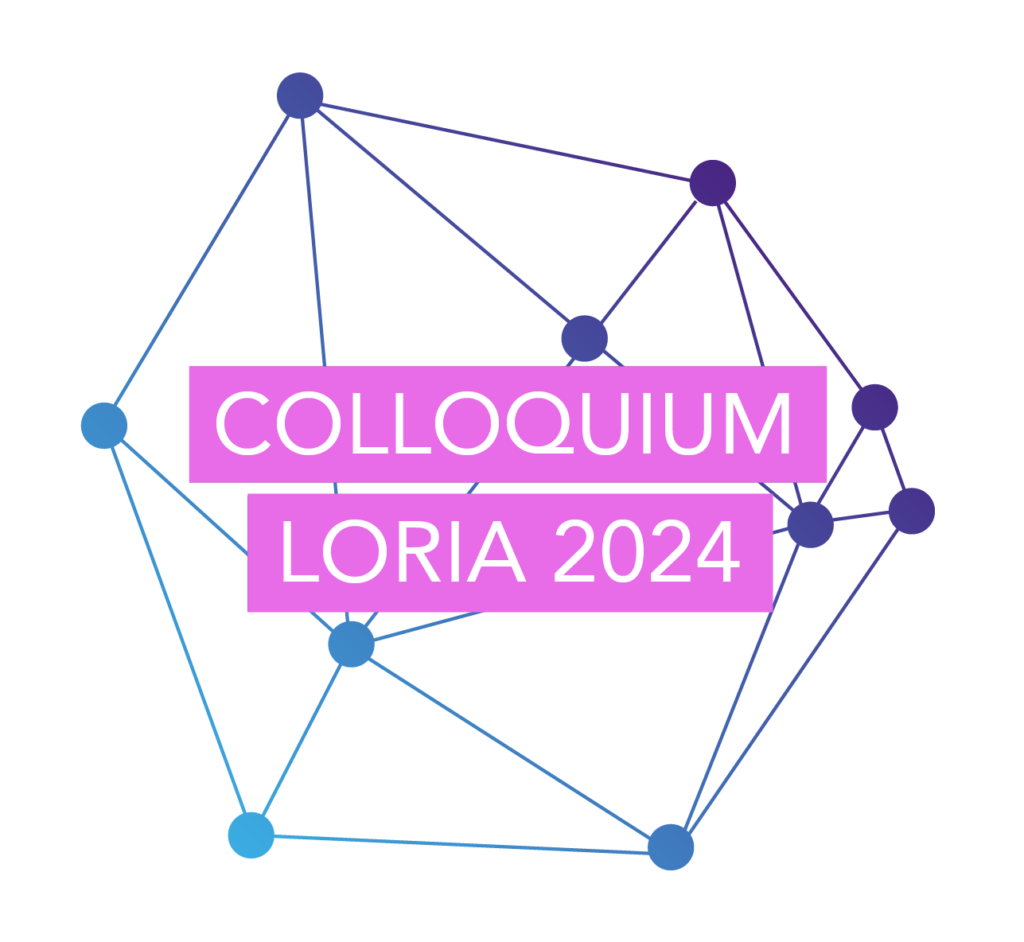[PhD 2024] Combinatorial optimization and machine learning
Etablissement Université de Lorraine
Spécialité Informatique
Unité de recherche LORIA – Laboratoire Lorrain de Recherche en Informatique et ses Applications
Starting date 1 octobre 2024
Application deadline (à 23h59) 30 avril 2024
Profile and skills required
– Proposal and implementation of decomposition algorithms of the column generation type for problems related to machine learning
– Use of machine learning methods and high performance computing to boost the proposed decomposition algorithms
– Strong algorithmic and programming skills (especially on efficiency issues of algorithms and programs)
– Proficiency in a programming language (C++, Julia, Python, etc.)Level of French required: Advanced: You can speak the language more complex, spontaneously and on a variety of subjects.Level of English required: Advanced: You can speak the language in a more complex way, spontaneously and on a variety of subjects.
– Use of machine learning methods and high performance computing to boost the proposed decomposition algorithms
– Strong algorithmic and programming skills (especially on efficiency issues of algorithms and programs)
– Proficiency in a programming language (C++, Julia, Python, etc.)Level of French required: Advanced: You can speak the language more complex, spontaneously and on a variety of subjects.Level of English required: Advanced: You can speak the language in a more complex way, spontaneously and on a variety of subjects.
Project description
The use of machine learning techniques to improve the performance of algorithms and heuristics for combinatorial optimisation is becoming increasingly popular. Among the methods for solving combinatorial problems, algorithms using column generation have proven to be successful on many problems, including vehicle routing problems. Compared to other methods, notably meta-heuristics, there are fewer studies on the improvement of algorithms using column generation through machine learning. However, their iterative nature and reliance on linear programming structures opens up many possibilities. The objective of this thesis is to propose machine learning methods to improve column generation algorithms. The proposed methods will be applied to problems encountered in machine learning and combinatorial optimisation. The use of high performance computing will also be considered to allow the solution of large size problems.
References
L. Accorsi, A. Lodi, and D. Vigo. “Guidelines for the Computational Testing of Machine Learning Approaches to Vehicle Routing Problems”. In: Operations Research Letters 50 (2022), pp. 229–234.
Keywords
Combinatorial optimization, Linear programming, Machine learning, Column generation, Transportation problems


